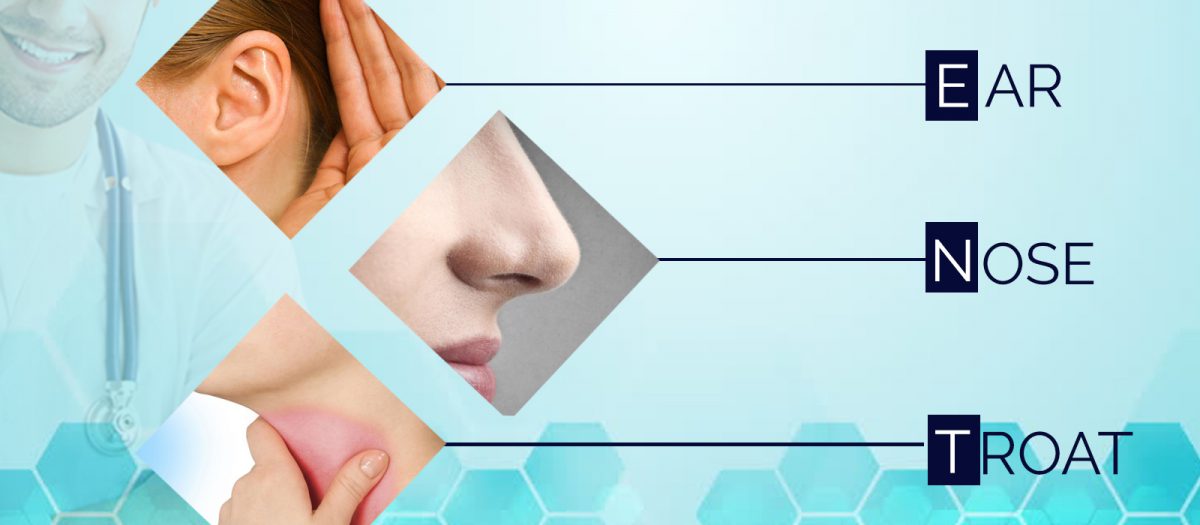ENT
ENT specialists (ENT doctors) are trained as neurological surgeons to do surgery on the interrelated neurological structures and tissue of the head and neck. The most common disorders to be treated by ENT doctors include tumors, meningitis, cerebral vascular disease, and brain cancer. But, ENT specialists usually specialize in some rare type of throat, nose, or ear problem. So, if you feel like your body is out of whack or you are experiencing symptoms which seem to be without a clear cause, you should immediately contact an ENT specialist for diagnosis and proper treatment.
ENT specialists work in an ENT facility, so they have state-of-the-art diagnostic equipment to help them diagnose patients. But, since this is a specialty area, not all ENT doctors have the latest, greatest tools and equipment. So, before you see an ENT specialist, ask about their current technology. Ask about their imaging system and digital x-ray computed radiography (CXR). You may even want to bring your own computer and devices to make sure your doctor has the latest system available at his or her facility. A good ENT specialist will always be using the latest imaging modalities and gadgets.
One of the most important aspects of an ENT specialist’s job is that he or she will be giving you an examination which will determine if you have any kind of hearing or vision problems related to your ear, nose, throat, and/or neck. ENT doctors will use these tests to find out if you have cancer, or if you are suffering from a severe and life-threatening illness like AIDS or cancer. ENT specialists, like otolaryngologists, will usually order additional tests if the initial tests fail to provide conclusive evidence of what is wrong with you.
ENT specialists can order and perform all sorts of surgical procedures, including the removal of tumors, repairing damage in the ears or sinuses, reshaping the face, removing tonsils, adenoids, or even hair growth on the temporal area of your face and scalp. They can also perform microsurgery, like root canal treatment, or general anesthesia for very complicated cases. ENT doctors can treat ear, nose, throat, and head, or ear, nose, throat, and head disorders with various kinds of surgery, including joint replacement, craniosacral or meningeal release, or craniofacial surgery. They can perform a variety of lab tests to determine what’s wrong with you.
ENT specialists treat patients with many different kinds of conditions, including serious problems like meningitis, polyps, malignancies, abscesses, glomus tumors, Paget’s disease, thyroid problems, pituitary gland disorders, and more. ENT doctors might order MRI tests to look at the structures in the ears, such as the middle ear; they might order muscle biopsy, or nerve biopsy, to look at abnormal areas of the body. If you’re suffering from chronic hearing loss, you may be diagnosed with audioconstructive hearing loss. ENT specialists may use a computerized tomography scan (CT scan or MRI) to look at the structures inside the head. If there’s an imbalance, and it’s not because of an infection or a tumor, then the ENT specialist will do a procedure known as arthroscopy, where a small incision is made and the back of the tongue is removed so that the surgeon can examine the tongue fully and diagnose the problem.
ENT specialists can treat common problems with the throat and ears, such as enlarged thyroid glands, swollen sinuses, polyps, and anemia. Some of these conditions are caused by an infection, while others are caused by abnormal growths, tumors, or masses. ENT doctors can also treat problems with the eyes, such as blurred vision, double vision, or floaters. Some of these problems are caused by infections, while others are caused by an eye injury, a tumor, or an aneurysm. ENT doctors can treat problems with the urinary tract, such as kidney problems, urinary tract obstruction, or urinary incontinence.
ENT specialists perform a variety of procedures, but the most popular is called an “anterior vental implant.” This procedure involves inserting a titanium post into the jaw bone. (ENT doctors refer to this as “osteoporosis surgery” – just in case you were wondering what happens if you lose your teeth.) The titanium post is bonded to the jawbone and shapped. When a dentist performs an otoplasty, or when you go to see an end-specialist, you’ll be sedated with an anesthetic, placed on a breathing tube, and given a local anesthetic, before the titanium post is placed into your mouth.
ENT doctors also treat many other conditions that can directly affect your balance, such as Paruresis and balance disorders related to vestibular neuritis. These conditions often begin during childhood and continue into adulthood. ENT specialists can also treat a variety of diseases, such as seizures, meningitis, meniere’s disease, and multiple sclerosis. Because the inner ear is so important to your well-being, it is critical that anyone who has symptoms of dizziness or balance disorders see an ENT specialist as soon as possible.


